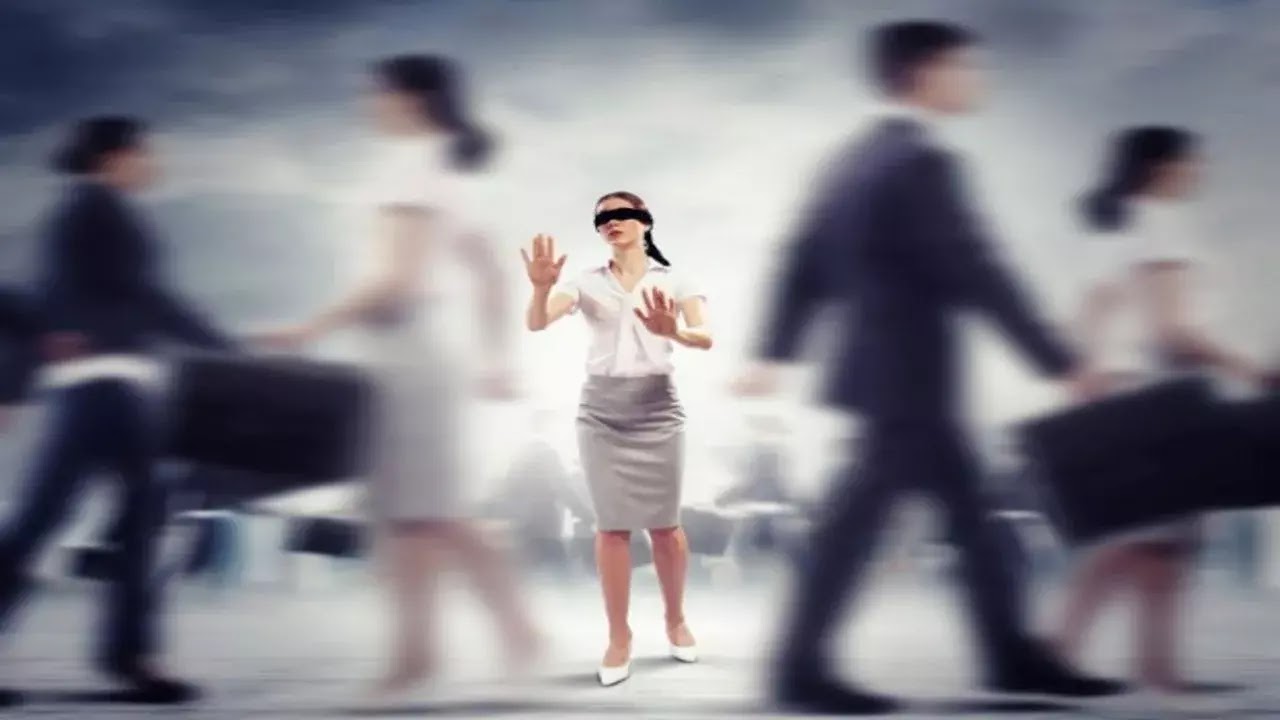- Get link
- X
- Other Apps
- Get link
- X
- Other Apps
Brad Pitt Face Blindness: Prosopagnosia means damage to a part of the brain caused by facial blindness. This is a type of brain disorder. Famous Hollywood actor Brad Pitt has been battling this problem.
Famous Hollywood actor Brad Pitt has revealed in a recent interview with a magazine that he has difficulty remembering new people and recognizing their faces, especially at social events like parties. The actor said his condition could be unfamiliar Face Blindness. The Hollywood actor said that no one trusts him when he talks about his possible medical condition. According to the healthline, Prosopagnosia (Face Blindness) is a type of brain disease.
Because of this disorder, people are unable to recognize or distinguish faces. While some people may not be able to distinguish between the faces of strangers due to facial blindness, some may also have difficulty recognizing the faces of close ones. According to one estimate, about 2% of the general population suffers from Face Blindness.
What could be the possible causes of Face Blindness
Prosopagnosia can cause abnormalities, loss or damage to a part of the brain - Fusiform gyrus. This part of the brain actually plays an important role in coordinating the nervous system which affects facial memory and perception. In addition, brain injury or certain neurodegenerative diseases can also lead to prosopagnosia. At the same time, in some cases, facial blindness can also be genetic in people.
In this condition, this disorder can also occur in people as a congenital disorder. As far as brain disease autism is concerned, facial blindness cannot always be considered as a standard symptom. But it is certain that people with autism are more likely to have it than the general population. There is also a theory that the lack of social development of autism patients may be due to Face Blindness.
It is also important to know that Face Blindness is not due to poor eyesight or inability to see properly, learning disabilities or memory loss. In Face Blindness, where a person is unable to recognize other faces, a decrease in memory is associated with the problem of not remembering others.
What is a diagnosis of facial blindness?
The Benton Facial Recognition Test (BFRT) and the Warrington Recognition Memory of Faces (RMF) - these two tests allow a physician to assess possible facial blindness. However, even based on the scores obtained in these tests, Face Blindness cannot be immediately confirmed. One study found that irregular scores in these tests do not really counteract blindness. In such a situation, the opinion of the doctor is very important.
There are a number of tests available online that claim to help identify Face Blindness. The other thing is that most of these are not valid and not even true. It is best to consult your doctor if you have any doubts about face blindness.
How facial blindness can affect lives?
According to the NHS UK, a person with prosopagnosia is unable to demonstrate social dietary behavior and avoids contact with others as long as possible. Because of this, she may suffer from social anxiety disorder. Which makes him unable to be comfortable in social situations and seems to get away from people. Such people quickly fall into depression and even fail to maintain relationships. Also, they may experience problems in their careers.
It has been observed that some people with prosopagnosia are often unable to read the facial expressions of others, cannot differentiate between their age and gender, and do not even understand their staring eyes. It is possible that such people do not even recognize their faces in the mirror or in pictures.
People with prosopagnosia also found that they could not recognize not only the face but also other objects, such as a place or even a car. Face blindness can also cause people to have trouble walking outside. They are unable to determine angles or distances and at the same time have difficulty remembering place names or important landmarks.

